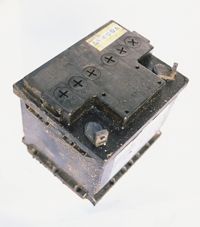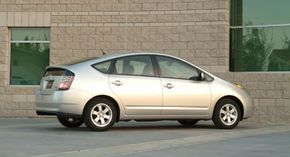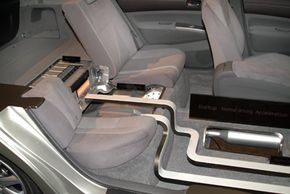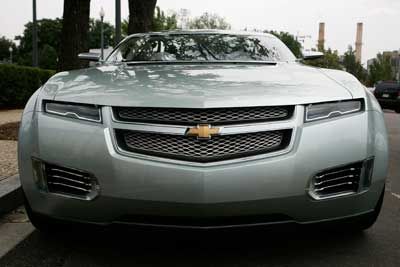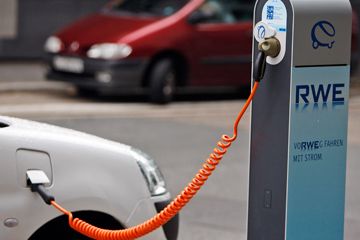There's a lot of misinformation floating around about the dangers presented by electric or hybrid cars. Several news articles have suggested that fire and rescue crews face a serious chance of being electrocuted if they cut into the wires of an electric car, or that they might be electrocuted just from touching such a car if it is partially or fully submerged in water. These articles are overinflating the danger at best. There isn't a single case on record of a rescuer being shocked while extricating someone from a crashed electric or hybrid vehicle -- submerged or not.
This leads us to the question of whether a large puddle could interact with the vehicle's batteries or electrical system and cause a shock to the driver of an electric car -- surely no one would design a car that could shock people randomly if it's driven in the rain, right? But consider an electric or hybrid car that's been around for 10 or 15 years. At this point, depending on the owner's geographic location,
Advertisement
it's likely been subjected to rain, snow, road salt, heat and humidity. What happens when the vehicle starts to rust? Could something go wrong that could allow a shock to happen?
There certainly are safety issues to consider with an electric car, so we're going to take a look at the safety features that automakers have built in to electric and hybrid cars to prevent electricity-related injuries, and why it's unlikely that water could ever cause an electric car to deliver a shock.
Are electric and hybrid cars safer than gas-powered vehicles in an emergency situation? What about the safety of auto mechanics? What should you know about electric vehicle safety? You may be shocked by what you find on the next page.
Advertisement
